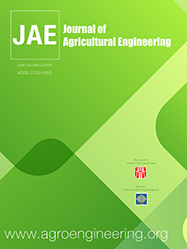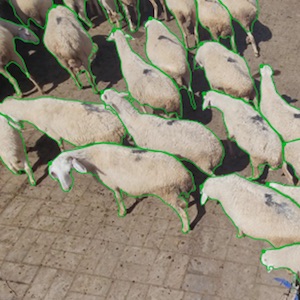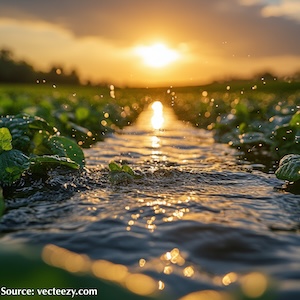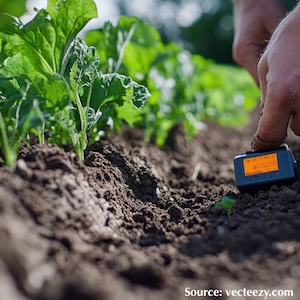Original Articles
Vol. 49 No. 1 (2018)
Effects of different architectural solutions on the thermal behaviour in an unconditioned rural building. The case of an Italian winery

Publisher's note
All claims expressed in this article are solely those of the authors and do not necessarily represent those of their affiliated organizations, or those of the publisher, the editors and the reviewers. Any product that may be evaluated in this article or claim that may be made by its manufacturer is not guaranteed or endorsed by the publisher.
All claims expressed in this article are solely those of the authors and do not necessarily represent those of their affiliated organizations, or those of the publisher, the editors and the reviewers. Any product that may be evaluated in this article or claim that may be made by its manufacturer is not guaranteed or endorsed by the publisher.
Received: 1 September 2017
Accepted: 1 December 2017
Accepted: 1 December 2017
1957
Views
1120
Downloads
125
HTML










